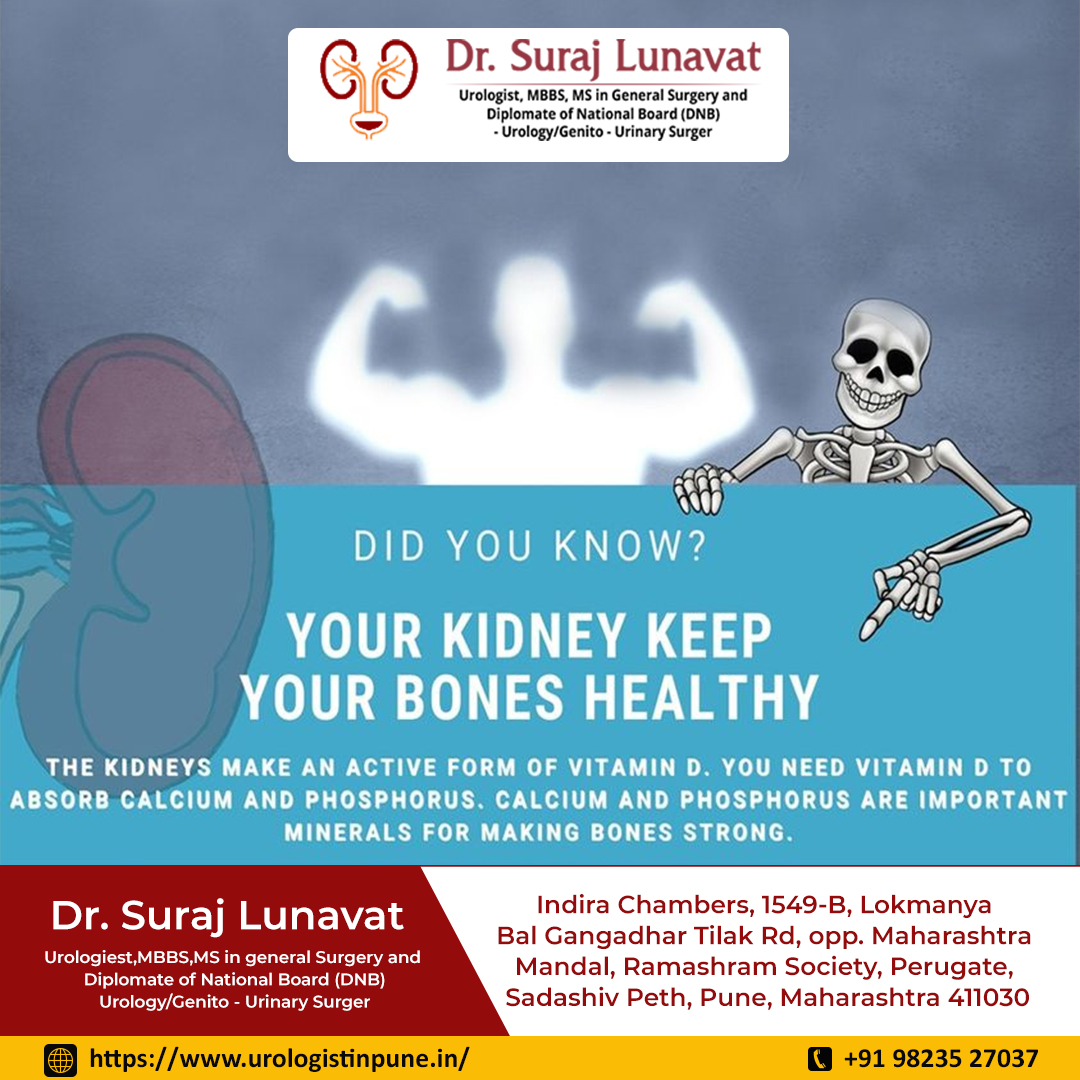What are the benefits of kidneys for bone health?
In good health, the kidneys conduct a number of important processes. They aid in the removal of wastes and excess fluid from the body, as well as the production of red blood cells and the maintenance of strong bones. They also help to keep your blood’s mineral balance in check. Minerals are essential components for a healthy body.
Your kidneys are unable to conduct these critical processes if you have kidney disease or renal failure. As a result, you may have mineral and bone diseases. It’s a typical side effect of renal illness, and it affects practically everyone who has kidney failure.
What is mineral and bone disorder?
When the kidneys stop operating properly, the body’s minerals become disordered, causing issues with bone growth, as well as the heart and blood arteries.
The following are some of the factors that influence the process of bone development and mineralization:
- Nutrition
- Physical activity
- Chronic illness
- Medications
- Vitamins and minerals
What indications and symptoms do you have if you have a mineral and bone disorder?
Mineral and bone disorders can lead to the following symptoms:
- Itchy skin
- Bone pain
- Weak bones that break easily
- Blocked blood vessels
- Heart problems
- Anemia
- Nerve problems
- Difficulty fighting off germs
What is the most accurate approach to determine whether I have a mineral and bone disorder?
- Blood tests
- bone biopsy.
- x-ray of your abdomen.
How do you treat mineral and bone disorder?
High blood phosphorus, or PTH, levels in many persons with renal disease or kidney failure necessitate treatment. Your Urologist will prescribe the treatment that is best for you.
- Lower phosphorus diet
- Phosphate binders
- Vitamin D
- Calcimimetics.
- Calcium supplements
- Surgery
- Exercise


